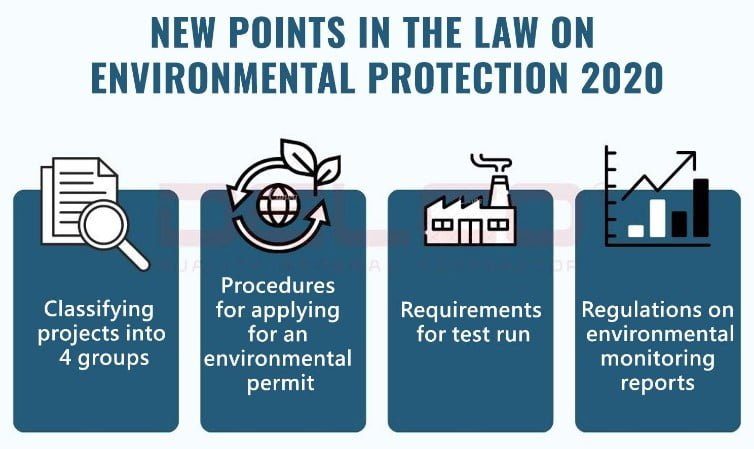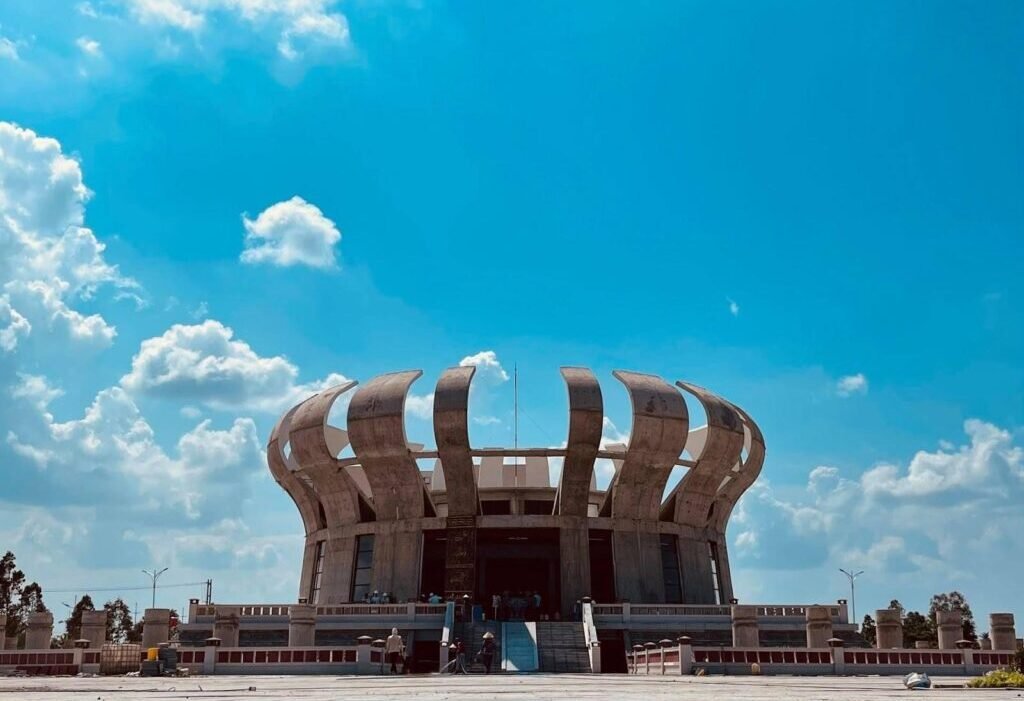Vietnam’s construction industry is booming, but navigating the country’s construction regulations can be challenging for both local and foreign developers. The Law on Construction 2014, amended in 2020, sets the foundation for all construction activities, and understanding these regulations is essential to ensure projects run smoothly. This article breaks down the key requirements and offers insights into the steps that developers must take to meet Vietnam Construction Regulations standards in Vietnam. Let’s take a look!
Key Requirements for Construction Projects
Before beginning any construction project in Vietnam, developers must first obtain a construction permit. This permit is required for all projects, ensuring that construction plans align with safety, design, and quality standards. Not having this approval can cause severe delays or even stop a project altogether. Once the permit is secured, the project owner must inform local authorities of the intended start date at least three working days before construction begins. This notification ensures that all local regulations are followed.
Additionally, the construction drawing design must be approved. This step is critical because it guarantees that the design meets necessary safety and quality requirements. Following these steps helps avoid potential legal and financial issues that could disrupt a project.
On the other hand, foreign contractors must navigate specific compliance requirements to operate legally, such as:
- Construction Operating License: Foreign contractors must obtain the mandatory Construction Operating License before commencing any construction activities. This license is issued by the competent authorities and is essential for legal operation within the country.
- Collaboration with Local Contractors: Foreign contractors are typically required to form a joint venture with a Vietnamese contractor or employ local subcontractors. An exception is for when the local contractor is deemed unqualified for the specific tasks involved in the project.
- Documentation Requirements: To apply for a Construction Operating License, foreign contractors must submit a dossier that includes 1) an application form in Vietnamese, 2) a certified copy of the bid results or contract award decision, 3) a certified copy of the business registration certificate from their home country, 4) other relevant documents as required by Vietnamese law.
Vietnam Construction Regulations Impact on Project Timelines
One of the significant challenges in processing Vietnam Construction Regulations is the time it takes to obtain a permit. According to industry reports, this can range from 1.5 to 4.5 months, depending on how complex the project is and the speed at which local authorities process the application. Such delays can greatly impact overall project timelines. Developers must account for these delays when planning their schedules. A longer permit process can lead to increased financing costs and extended project durations, making it more expensive to complete the project.
Environmental Impact Assessments (EIA)

For larger projects, the Environmental Impact Assessment (EIA) is an additional layer of complexity. This assessment ensures that the project complies with the environmental Vietnam Construction Regulations, but it adds more time to the process. Completing an EIA can take 4 to 6 months. This requirement is critical for protecting the environment but often introduces further delays into construction timelines. Projects that do not pass the EIA may face additional reviews, or even the risk of being halted.
Understanding Compliance Costs
One of the critical aspects of navigating Vietnam Construction Regulations is understanding the associated compliance costs. A study by the World Bank found that up to 30% of total project costs in Vietnam could be attributed to meeting regulatory requirements. These costs include obtaining permits, conducting environmental assessments, and ensuring safety compliance. Developers must budget for these expenses from the start to avoid unexpected financial strain later on. Knowing these costs in advance allows for better financial planning and ensures that the project stays within budget.
Navigating Vietnam Construction Regulations can be time-consuming and costly, but it is essential for ensuring that projects meet legal and safety standards. The Law on Construction 2014 (amended in 2020) outlines the key steps developers need to take, from obtaining permits to completing Environmental Impact Assessments. Foreign contractors face additional hurdles, including the need for a Construction Operating License.
While these regulations add time and cost to projects, they are crucial for maintaining compliance and protecting the environment. Developers who understand and plan for these requirements will be better positioned to avoid delays, manage costs, and ensure the success of their projects in Vietnam’s growing construction industry.

